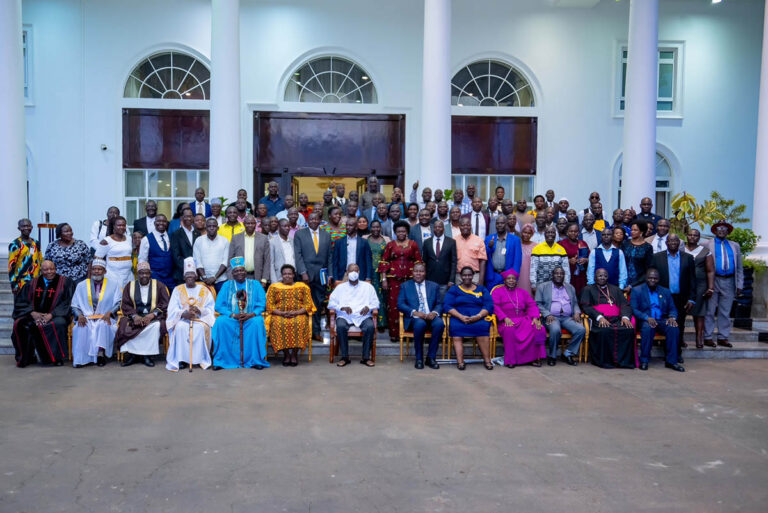In a landmark effort to resolve a decades-long ethnic dispute, President Yoweri Kaguta Museveni has proposed that Tororo Municipality be elevated to city status and designated as a neutral administrative unit, marking a potential turning point in the conflict between the Japadhola and Iteso communities.
Speaking during a high-level meeting at State House Entebbe attended by Vice President H.E. Jessica Alupo and leaders from both ethnic groups, President Museveni laid out a detailed plan aimed at restoring harmony and equitable administration in the contested region of Tororo.
“We have agreed on the principle: Tororo becomes a neutral city, and we create three new districts—one called Mukuju, another Mulanda, and a third with a neutral name yet to be decided,” said the President.
According to the proposed structure, the Japadhola community would be allocated two districts—Mulanda and the unnamed third—while the Iteso community would receive one district and the newly proposed Tororo City. This formula, Museveni argued, mirrors similar arrangements such as in Mbale, where both a city and a district coexist.
“The compromise should be that the Badama get two new districts, and the Bateso get one district and a city,” he said. “What’s crucial is bringing services nearer to the people. That’s the reason we broke up larger districts like Bukedi.”
President Museveni also condemned the protracted ethnic tensions that have hindered development in the region, urging leaders to prioritize service delivery over territorial contestations.
“You people are really wasting time for your people,” Museveni stated bluntly. “Let’s focus on governance structures that bring services closer, rather than getting stuck in divisions based on ethnicity and land.”
He concluded by drawing on scripture and his own experiences, cautioning against the dangers of divisive politics and reiterating the need for unity, fairness, and a people-centered approach to leadership.
The President’s proposal is expected to be further deliberated by stakeholders from both communities in the coming weeks, potentially setting the stage for a long-awaited resolution to one of Eastern Uganda’s most enduring ethnic standoffs.

